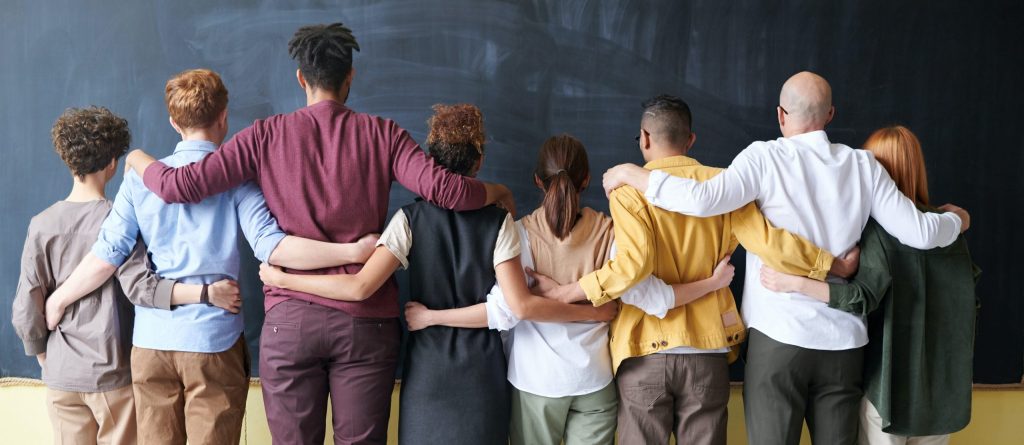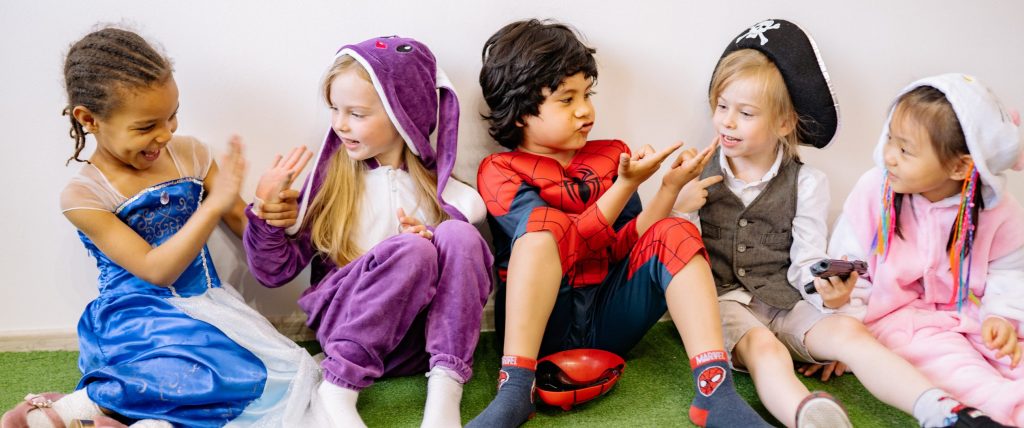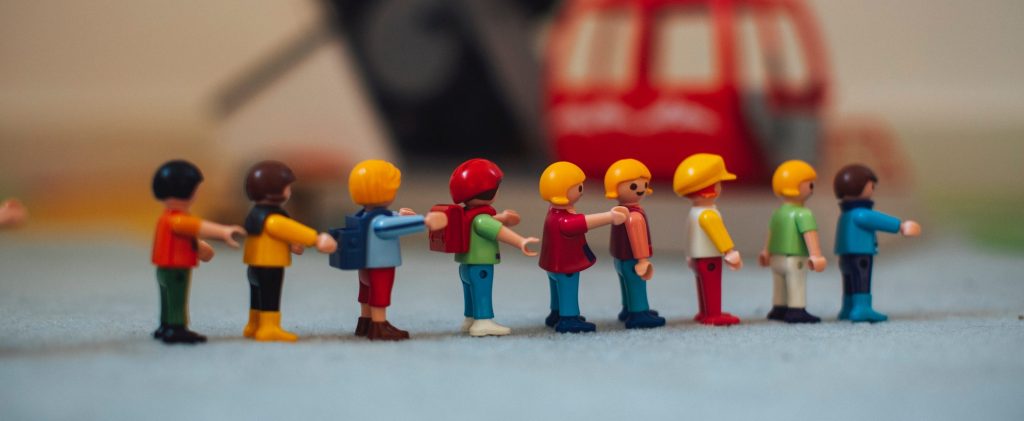
Part of what we teach people when it comes to diversity and inclusion training, is the importance of doing our part to re-write the many unhelpful stereotypes that are ingrained in society.
Because, unless collectively we take steps to re-wire our brains and re-write outdated associations, little girls will be dressed in pink, play with dolls and never grow up to believe they can be investment bankers, and little boys will wear blue, play with fire-engines and grow up uncomfortable at the thought of being primary caregivers to their children.
You might wonder if this is an exaggeration, but there are many studies that explore the effect of gender stereotyping on children and evidence that by five, children have firm beliefs on how girls and boys should behave.
Ultimately, it’s a chain reaction. Our parents pass onto to us what they were taught all those decades ago, we carry versions of these teachings (often without thought) and pass them onto our children whilst the external world quietly but consistently reinforces messages:
- In language: many routinely use ‘firemen’, ‘postman’, ‘stewardess’
- In retail: walk into a card shop and notice sections for mums, aunties and sisters featuring processo, gin and shoes, and for dads, uncles and brothers displaying beer, rugby and golf
- In stories: like Cinderella, Little Mermaid and Rapunzel.
…and so, stereotypes continue to live on.
Now reflect on all the other aspects of people, beyond sex, that result in each of us becoming pigeon-holed. It’s safe to say, strong stereotypes exist around people with disability, different ethnic origins, religion, weight, accents and tattoos (to name just a few!)

Should we archive old content?
I went to the theatre recently to see East is East. It reminded me of the importance of being mindful of the content we consume on TV, at the cinema, through social feeds and at the theatre. Passively absorbing content that reinforces stereotypes ingrains them deeper into the subconscious then, when we rely on quick-thinking to make decisions, we draw upon these messages without even realising.
East is East was originally released as a movie in 1999 but is set in the 70s, and my, how times have changed. The production was top-quality, but I couldn’t help feel uncomfortable that potentially people were passively absorbing unhelpful stereotypes about Pakistani people without necessarily going home to interrogate the story and the lessons we can learn.
This blog does not serve to review East is East, there are varying discussions – for example here and here – if you would like to read more, but I couldn’t help wonder if this talented team could have chosen a different story to re-tell? One that did its part to show cultural difference in a more positive light to help society form new associations?
The debate with regards to archiving aged sitcoms or taking down historical statues is ongoing. All I will say is that if they remain, instead of being consumed passively, we must work harder to ensure they educate and remind.

More content like this please….
Only a few nights later I saw Joe Lycett’s Got Your Back on Channel 4. This series has a regular feature led by Rosie Jones, a comedian with cerebral palsy who has so far investigated the lack of satisfactory disabled access at gyms, ease of finding accessible rental properties, and disability representation in children’s toys.
Now this is the content I want my subconscious to be absorbing on a Thursday night.
If you aren’t aware of Rosie, check her out. Not only is it wonderful to see her personal profile being raised year on year, she is changing perceptions about cerebral palsy and disability in general. She brings exceptionally playful humour which immediately melts preconceptions whilst opening viewers’ eyes to the challenges different people experience in the world.
In summary
Don’t be passive. Be mindful of the messages you absorb and the stereotypes you reinforce, without even meaning to. When you read a story to your kids, walk into a card shop, talk about firefighters or your post-person, or when you turn on the television, think.
Think and do your bit to re-write the narrative and help build a more inclusive world.
Unconscious Bias Training
Find out more about our Unconscious Bias training.